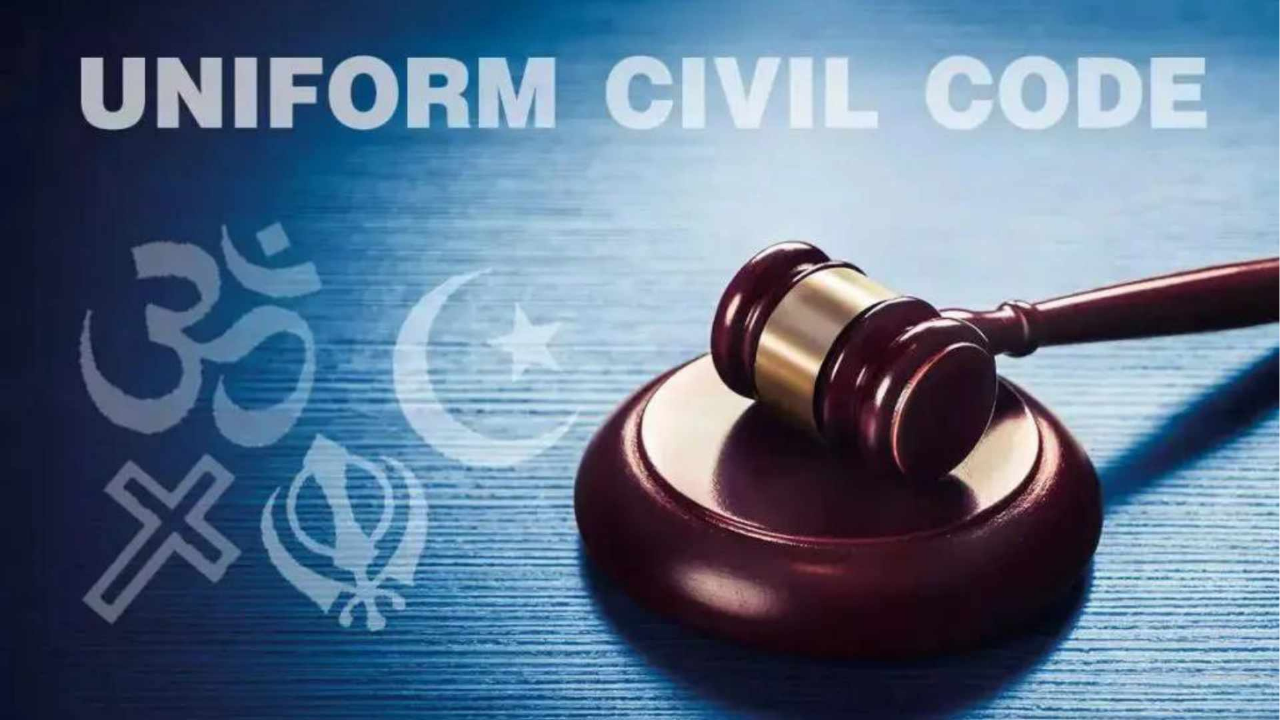Dehradun: The All India Muslim Personal Law Board (AIMPLB) has filed a petition in the Uttarakhand High Court challenging the recently enacted Uniform Civil Code (UCC), arguing that it violates constitutional provisions and Muslim personal law, which is protected under the Sharia Application Act of 1937 and the Indian Constitution.
The Uttarakhand High Court has accepted the petition, with the next hearing scheduled for April 1, 2025, the AIMPLB said in a statement on Friday.
The UCC, notified by the Uttarakhand government on January 27, 2025, seeks to establish uniform personal laws governing marriage, divorce, inheritance, and adoption for all citizens, irrespective of religion. Key provisions include the mandatory registration of live-in relationships, specific conditions for contract marriages, and bans on Halala, iddat, and polygamy. The law also ensures equal inheritance rights for men and women.
The law applies to all residents of Uttarakhand, including those living outside the state, but excludes Scheduled Tribes.
The AIMPLB contends that the UCC undermines the rights of Muslims to practice their personal laws, which are deeply rooted in religious and cultural traditions. AIMPLB spokesperson SQR Ilyas stated, “The Uniform Civil Code violates several constitutional provisions and disregards the protections granted to Muslim personal law. We have approached the court to safeguard the religious and cultural rights of the Muslim community.”
The petition was filed by ten individuals from Uttarakhand, including Ms. Razia Baig and Mr. Abdul Basit, both state conveners of AIMPLB-affiliated committees. All petitioners are Uttarakhand residents and claim to be directly affected by the UCC’s implementation.
The petition was drafted by Advocate Nabeela Jameel and settled by Senior Advocate MR Shamshad, an executive member of the AIMPLB.
The legal challenge asserts that the UCC infringes on fundamental rights and other constitutional protections granted to individuals and religious denominations. Through this petition, the AIMPLB seeks judicial intervention to prevent what it views as an unconstitutional encroachment on religious freedoms, arguing that the UCC disrupts personal laws governing the Muslim community and overrides their religious autonomy.
— With Agency Inputs


Leave a Reply